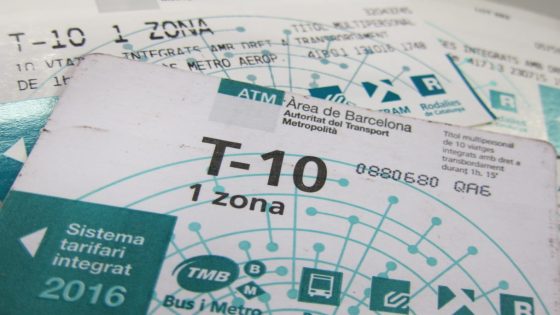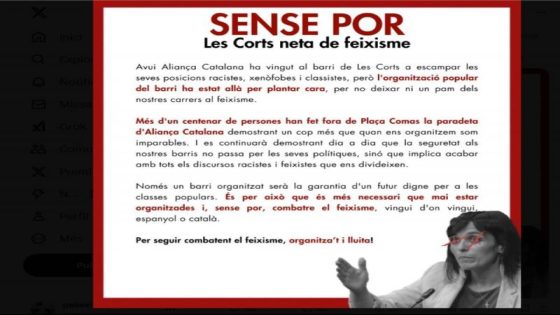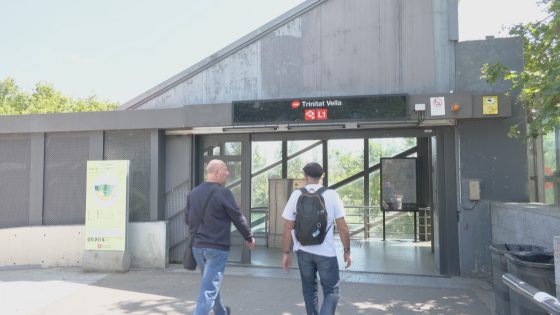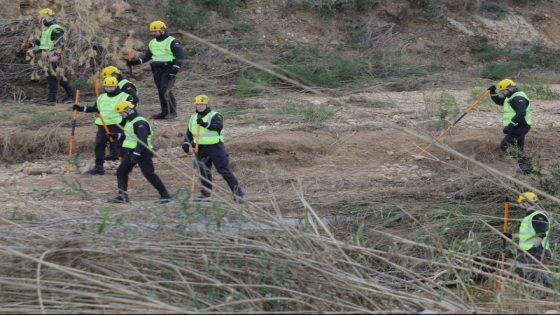On February 5, 2025, Belgium‘s government introduced what it claims to be the strictest asylum policy ever. But how feasible is this new approach? With concerns about human trafficking and family reunification at the forefront, many are questioning the implications of these changes.
- Arizona's stricter asylum policy and human smuggling
- New coalition agreement introduces tough migration measures
- Long wait for financial support under new policy
- Concerns from Refugee Work Flanders on migration laws
- Theo Francken claims it's the strictest ever
Belgium’s Stricter Asylum Policy: What It Means for Migrants
How will Belgium’s stringent asylum measures affect those seeking refuge? The government’s latest plan raises critical questions about safety and support for vulnerable populations. Many fear that limiting family reunification could push desperate individuals into the hands of smugglers.
The Key Features of Belgium’s New Migration Policy Explained
This unprecedented migration strategy includes several controversial elements designed to deter immigration:
- A five-year wait for financial aid after arrival.
- Increased surveillance, including access to personal devices by authorities.
- A mandatory nationality exam for applicants.
- Tighter restrictions on family reunification processes.
The Implications of Delayed Support on Refugees’ Lives
The five-year delay in financial assistance poses a significant challenge for newcomers. Without immediate support, how can families secure housing or food? This delay might lead many into precarious situations, increasing their vulnerability during an already difficult transition period.
The Role of Human Smugglers in Response to Stricter Policies
As policies become harsher, will more people turn to smugglers? History shows that when legal pathways are restricted, individuals often seek alternative routes. This shift raises ethical concerns about safety and exploitation among migrants desperate for a better life.
The Need for Comprehensive Solutions Beyond Strict Policies
Is merely tightening borders enough? Experts argue that addressing root causes—such as war and poverty—is essential. A holistic approach could provide sustainable solutions rather than temporary fixes that only exacerbate existing issues within migration systems.





























